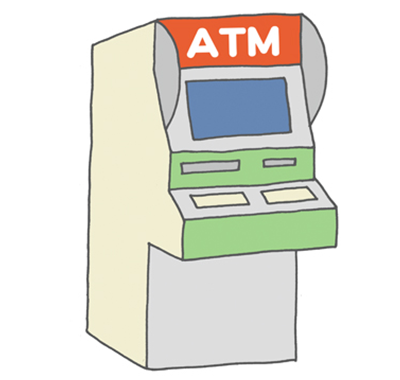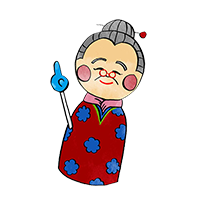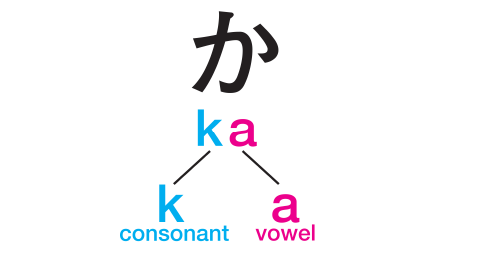

#1
Asking for directions
Tam from Vietnam is looking for “Haru-san House,” the share house where she’ll be staying in Tokyo.
 Skit
Skit Vocabulary
Vocabularyすみません
sumimasen
excuse me
Add to My NotebookAdded to My Notebook
はるさんハウス
Haru-san-Hausu
Haru-san House
Add to My NotebookAdded to My Notebook
どこ
doko
where
Add to My NotebookAdded to My Notebook
あれ?
are?
oh?
Add to My NotebookAdded to My Notebook
ぼくたち
bokutachi
we
Add to My NotebookAdded to My Notebook
うち
uchi
home
Add to My NotebookAdded to My Notebook
すぐ近く
sugu chikaku
very near
Add to My NotebookAdded to My Notebook
一緒に
issho ni
together
Add to My NotebookAdded to My Notebook
行く
iku
go
Add to My NotebookAdded to My Notebook
こっち
kocchi
this way
Add to My NotebookAdded to My Notebook
はい
hai
OK
Add to My NotebookAdded to My Notebook
ありがとうございます
arigatoo gozaimasu
thank you very much
Add to My NotebookAdded to My Notebook
 Key Phrase
Key PhraseAsking for directions
Add to My NotebookAdded to My Notebook
To ask for directions, say "[place] wa doko desu ka." "Wa" is a topic-marker particle that comes after a noun. It's written as "は (ha)" in Hiragana but is pronounced as "wa." Adding "desu ka" after the interrogative "doko" or "where" and raising your intonation makes a question.
Particle "ka" indicating a question:
"Ka" is a particle that comes at the end of a sentence. It turns a sentence into a question as in "doko desu ka".
Learn more!
 Use It!
Use It! Try It Out!
Try It Out!1Which of these three choices is the correct way to say this sentence in Japanese?
Excuse me. Where is the station?
station
駅
eki

2Say the sentence in Japanese, using the following word(s).
Excuse me. Where is XXX?
すみません。~はどこですか。
Sumimasen. ~wa doko desu ka.
convenience store
コンビニ
konbini

3Say the sentence in Japanese, using the following word(s).
Excuse me. Where is XXX?
すみません。~はどこですか。
Sumimasen. ~wa doko desu ka
ATM
ATM
ee-tii-emu

 Bonus Phrase
Bonus PhraseAdd to My NotebookAdded to My Notebook
This expresses gratitude. If you're thanking someone close to you, like a friend or a family member, you can use the short version "arigatoo."
 Kanji
Kanji Culture
Culture
Haru-san’s Bagful of Advice
The Sound of Japanese
Most syllables in Japanese are made up of one consonant and one vowel.

The Japanese accent comes from the pitch, not strong or weak sounds. Each word has a set accent pattern. Some have a flat pitch; others have a set place where the pitch goes down.
rain

It rained.

candy

Candy dropped.

Learn more!
 Trip tip
Trip tip